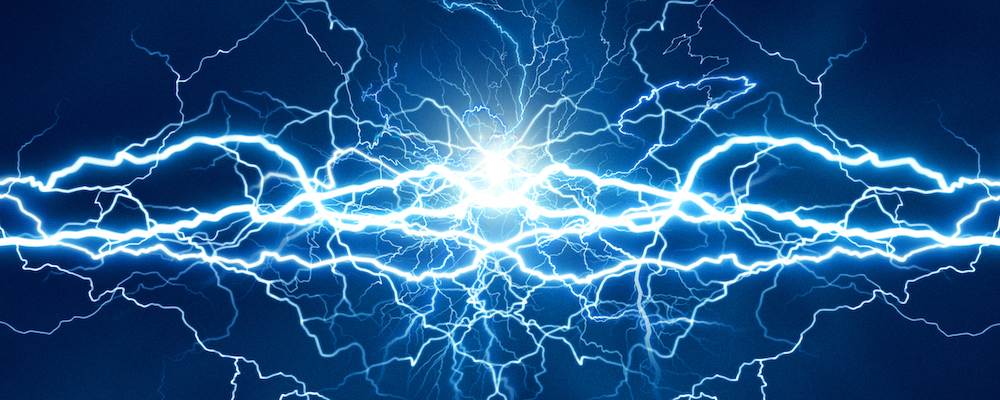What is Current Overload?

When it comes to managing your electrical projects, you’ll always want to maintain the right electrical current to avoid sending too much power and electricity to your current. Similar to a river or a stream, a steady current offers smooth passage, while a higher current is where you can run into some dangerous problems. That’s why Gateway Cable Company is here to help you learn more about an overload current and how you can protect yourself and keep your electrical projects running at their best.
What is Overload Current?
You may be wondering what is overload current or what is overload capacity? This occurs when your electrical circuit has more electricity than it can handle and will cause the current to completely cut off and your lights or plugged in devices and fixtures will turn off automatically. Many times this is attributed to having too many devices plugged into electrical outlets at once as well as overuse of extension power cords.
Since each circuit has its own overload capacity, a current break can also result in worn and burnt wires, which can lead to fires. Circuit breakers help protect against overload current. However, if for whatever reason, a circuit breaker isn’t present, overload current can turn dangerous very quickly.
What are the Signs of Overload Capacity?
You’ll surely know a current overload has occurred once you notice you’ve lost power to your lights, devices, and appliances. However, there are some signs that can help you determine if your circuit is taking on too much power. These are just a few ways you can spot an overload current before it happens:
- Dimming or flickering lights
- A buzzing sound coming from outlets or switches
- Warm or hot outlets and switch covers
- Burning odors from outlets or switches
- Burnt damage on plugs or outlets
- Devices, tools, and appliances not operating at full power
What Protects a Circuit Against Current Overloads?
It’s crucial to invest in a component that protects your circuits from damage and helps maintain your electrical current flow. As mentioned above, the circuit breaker and fuses are in place to manage current overloads and prevent them from causing further damage to your home. Breakers are designed to cut off the electrical flow if the power exceeds safe levels. One of your best bets to protect against an overload circuit is to have a breaker in place and ensure your fuse lines are all intact.
Get More Electrical Safety Tips from Gateway Cable Company
As you can see, overload current is nothing to joke about; it’s important to know how it can happen and what device protects a circuit against current overloads. At Gateway Cable Company, we’ve got you covered when it comes to a wide range of electrical products to meet your needs. You can find connectors, adaptors, and cables, as well as military hardware and assemblies. We can also help you learn about how to secure a better circuit flow with electrical contacts and what kind of metals conduct electricity. If you have a particular piece in mind, you can request a quote online and contact us today and speak with one of our electrical experts who can answer all of your questions!
